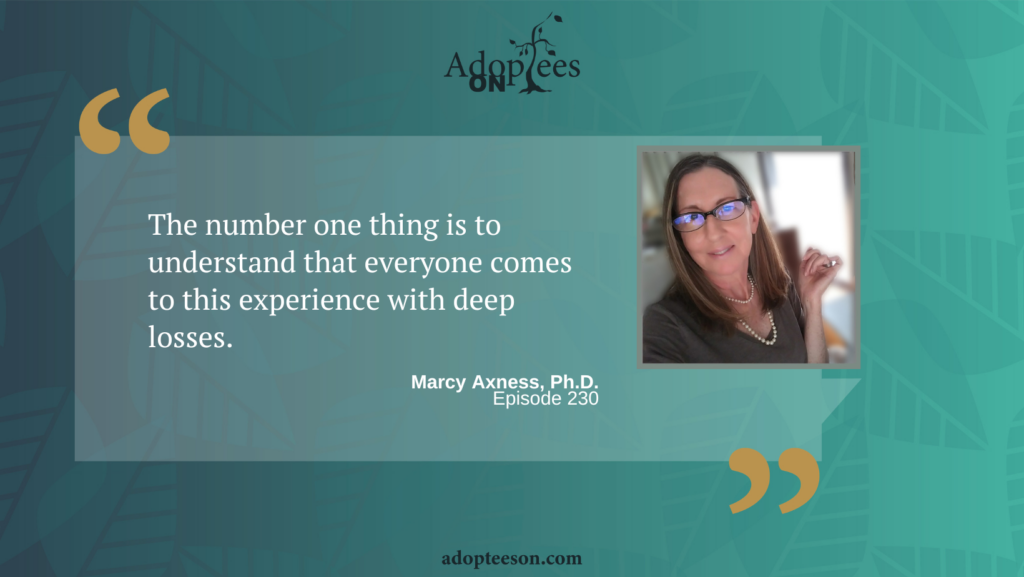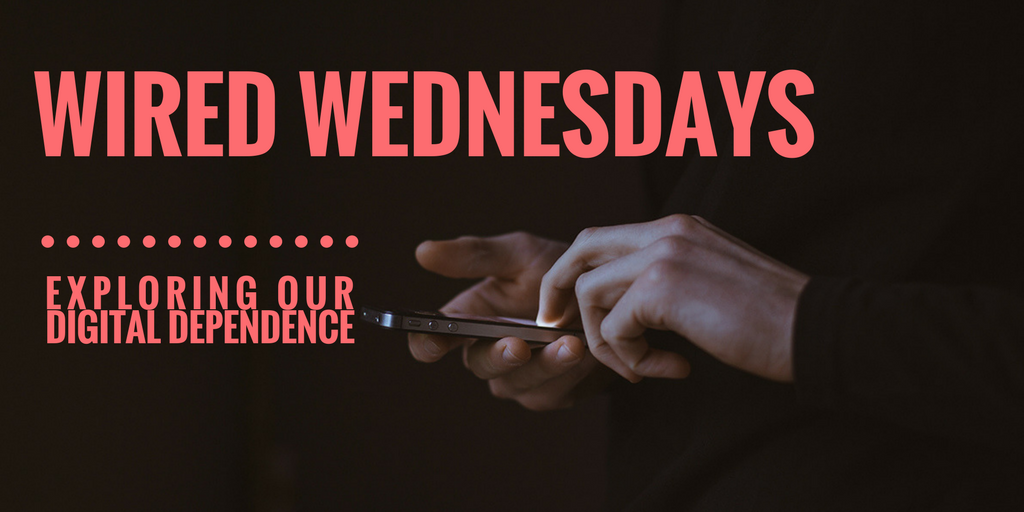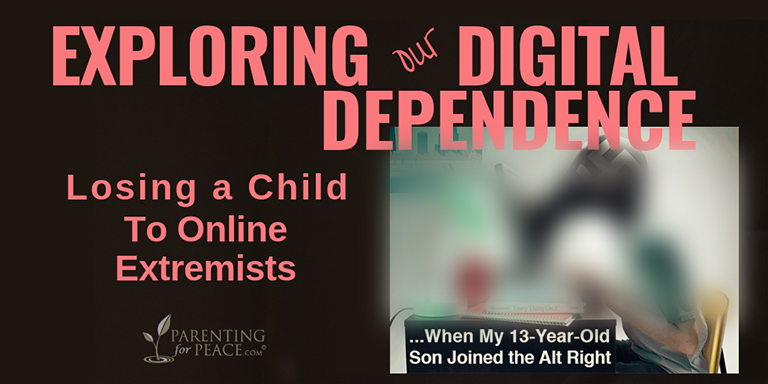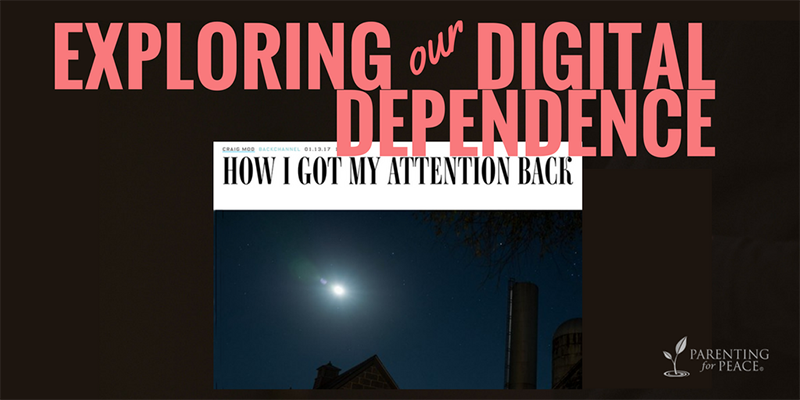We are all in progress. We are parents-in-progress, teachers-in-progress, grandparents-in-progress. We are people-in-progress. If you ever ask yourself, “In which direction am I progressing?” you have stepped into the realm of striving.
For years I have been encouraging parents that it isn’t their perfection that nurtures and teaches their children, it is their striving. But I have come to realize that this word “striving” poses a huge semantics challenge, as it conjures very different energies — and feelings! — depending on how one understands the meaning of that word.
When I use the word “striving” I simply mean holding an ideal toward which you intend to grow and evolve. But for others, to “strive” suggests something that involves scrambling, grasping, struggling — an interpretation that sees striving as a lot of stress.
When I hosted Kathy White (founder of Joyful Parents UK) on a tele seminar, listeners were treated to a summary of our own striving (or was it struggling??) to harmonize our understandings of the concept of striving as a parent. In this 2 1/2-minute audio Kathy shares her ah-hah moment — about striving being akin to the heliotropic principle by which plants by their nature grow toward the sun.

The Fuzzy Line Between Striving and Struggle
I’ll be honest and disclose to you that the impetus for me writing this came from reading Bethany Webster’s “Releasing the Need to Struggle” a few months back. It was an extremely meaningful essay for me that came at just the right time: I was in a process of releasing (to the degree one can) what she describes as an “underlying approach to life [that] had been primarily formed by the energies of striving and struggle.”
The ideas Webster conveyed in her essay had that clarion ring of truth for me, validating and encouraging the transformation I had been intuitively pursuing, with no roadmap, no plan. I’d been feeling as if I was walking blind through a thick fog, not knowing where I was going or what I was doing — only that it felt like the natural course to follow. It was months into my “just being without struggle” period that I read her essay and recognized with a burst of inspiration that she had described it exactly. It was the gift of a roadmap after the fact, saying, “Yes, you went exactly the right way!”
The only thing that didn’t ring true for me was that she repeatedly paired the terms “strive” and “struggle.” This was actually a little painful, since aside from that her piece was so deeply meaningful for me. So what I’m writing now is my response, these many months later, to my discomfort with making those terms synonymous.
Striving Beyond Semantics
Webster is clear in expressing her meaning of striving: a survival response to sensing a deep inner lack — I am not enough, but if I strive to do / be better, I will somehow be complete and safe. It arises from a sense of feeling “less than.”
I would suggest that the kind of striving I embrace, encourage and… well… strive toward, arises from a sense of feeling, “Yes, and…” — an acceptance of the paradox that where I am is just fine, even perfect… and that I have a vision of what direction, like a plant growing toward the sun, I am evolving toward.
One example would be striving toward more mindfulness in daily life, such as setting a practical intention to do less multi-tasking and to be more present to each “mundane” task at hand.
I feel far from an expert on this whole conundrum, and would love your thoughts, input and whatever light you can shine on this exploration!
Striving to Launch Our Children
A big swath of Parenting for Peace is grounded in attachment neurobiology — how infants and children take their cues and even pattern their own social brain development, from their parents’ emotional functioning: a brain-to-brain download. (I know, that’s a little bit <yikes> daunting, right?!)
If this brain-to-brain thing were merely a copy-and-paste situation, where would the generation-to-generation evolution possibilities come?? I mean, during my own early years of mothering, I struggled emotionally a great deal. If there had been no “unleveling” option, my son and daughter wouldn’t have had much hope. But I never stopped striving — for insight, for healing, for wholeness. And that changed everything. I believe it is why they have both flourished.
I only came to learn many years later why that is. It is brain science. It is amazing.
UCLA psychiatrist Jeffrey Schwartz wrote an entire book about it, called Mind and Brain: Neuroplasticity and the Power of Mental Force. In it he tells about how he developed a successful treatment protocol for severe OCD using no drugs whatsoever. The treatment consisted of only mindfulness practice, through which patients not only changed their behavior but even their brain structure simply through how they directed their thoughts.
Dr. Schwartz calls this kind of mental mastery striving. Further, he writes that striving “carries a level of mental force that changes the brain”… and that changes that brain-to-brain download our children are getting!! What we hand down to our children as we parent is not simply a linear, one-for-one duplicate of ourselves. This is where stunning possibilities of parenting for peace lie: through refining our own consciousness we throw the door wide open on our children’s potential.
And that is why a parent’s striving, as I’ve traced its meaning, nourishes and nurtures children.



 When my book Parenting for Peace came out in 2012, the handheld device revolution hadn’t yet reached its tipping point, so smartphone brain wasn’t yet a thing.
When my book Parenting for Peace came out in 2012, the handheld device revolution hadn’t yet reached its tipping point, so smartphone brain wasn’t yet a thing.

 I’ve been burying the lead, as they say, for some months now: I have joined the faculty of New Earth University, an international community that brings together creative curriculum, conscious collaboration and meaningful resources into a gorgeous, paradigm-shifting learning model.
I’ve been burying the lead, as they say, for some months now: I have joined the faculty of New Earth University, an international community that brings together creative curriculum, conscious collaboration and meaningful resources into a gorgeous, paradigm-shifting learning model.


